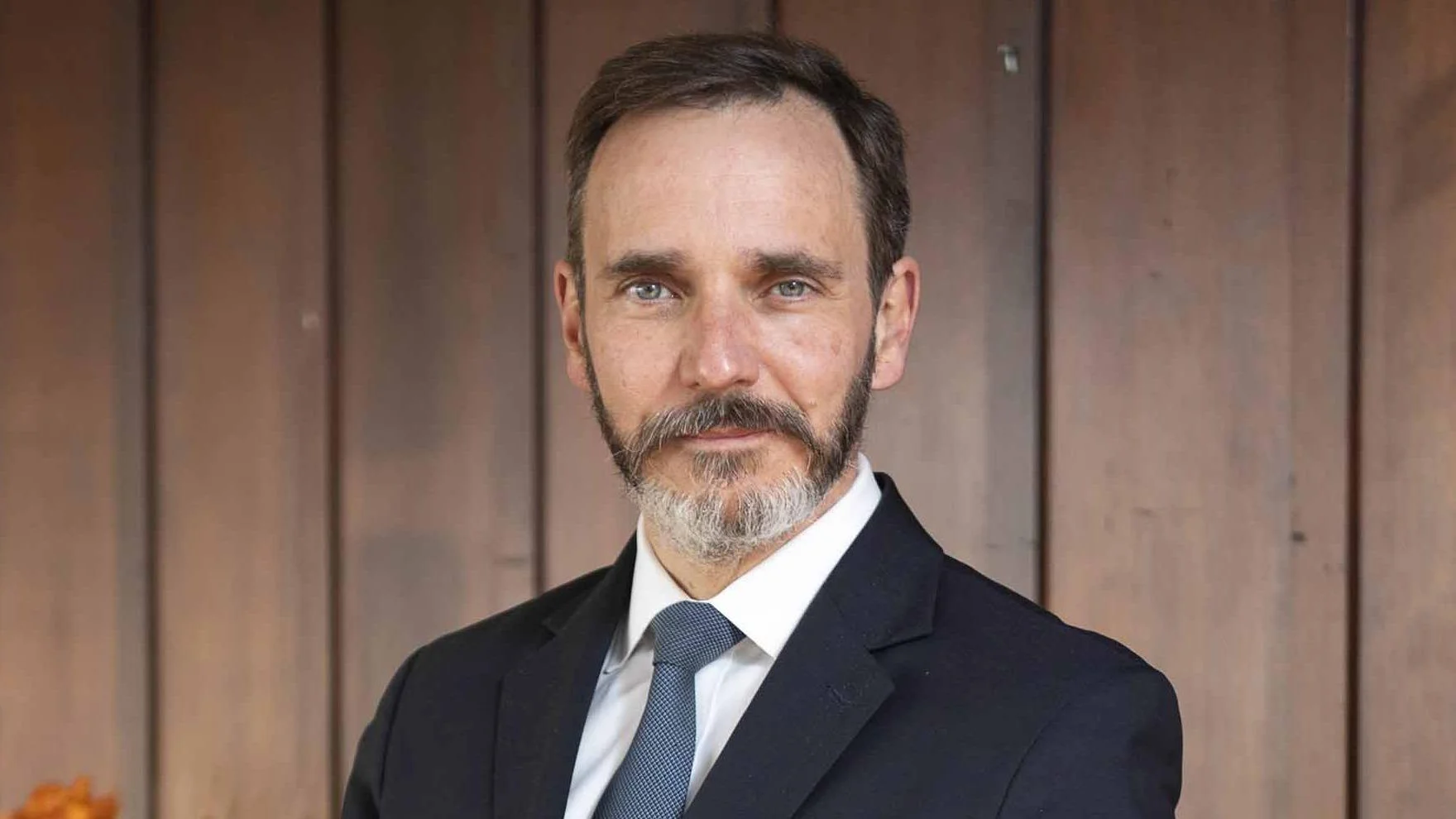An International Monetary Fund (IMF) mission, led by Siddharth Kothari, recently concluded discussions with Samoan authorities and stakeholders in Apia. The talks, which took place from November 18 to November 27, 2024, were part of the IMF's Article IV Mission to Samoa.
In a statement following the mission, Mr. Kothari noted the significant recovery of Samoa’s economy after three years of contraction due to the pandemic. He highlighted that GDP growth rebounded to 9.4 percent in FY2024, driven by a swift recovery in tourism. Additionally, inflation decreased from double-digit levels in FY2023 to 2.9 percent year-on-year as of October 2024. Fiscal surpluses over recent years have contributed to reducing public debt and increasing foreign reserves.
Looking ahead, GDP growth is projected at 5.5 percent for FY2025, fueled by an expected rise in public investment and preparations for hosting the Commonwealth Heads of Government Meeting. Inflation may see a moderate increase amid ongoing economic recovery efforts. However, growth is anticipated to slow down to around 2 percent in the medium term.
Mr. Kothari pointed out that while the near-term outlook appears favorable, risks remain due to global uncertainties and potential inflation pressures from excess liquidity in the banking system. Other challenges include Samoa’s small size, climate vulnerabilities, concerns about money laundering and terrorist financing (ML/TF), delayed public investments, and rising outward migration.
The IMF suggests that an expansionary fiscal stance focusing on executing public investment is suitable for FY2025 as it will support short-term growth and enhance productive capacity over time. Future fiscal policies should prioritize climate-related investments while maintaining fiscal buffers.
To address domestic inflation risks and prepare for future shocks, monetary policy should aim at reducing excess liquidity and increasing short-term interest rates according to inflation trends and credit developments.
While financial sector risks have lessened since the pandemic, continued monitoring is necessary. The central bank should strengthen financial regulation and supervision efforts further. Authorities are also advised to mitigate pressures on Correspondent Banking Relationships through improved AML/CFT legal frameworks.
Finally, Mr. Kothari emphasized using this period of strong economic performance as an opportunity for structural reforms aimed at boosting medium-term growth rates by attracting foreign investment and reducing trade facilitation costs among other measures.
The IMF team expressed gratitude towards Samoan authorities for their constructive discussions during this mission.

